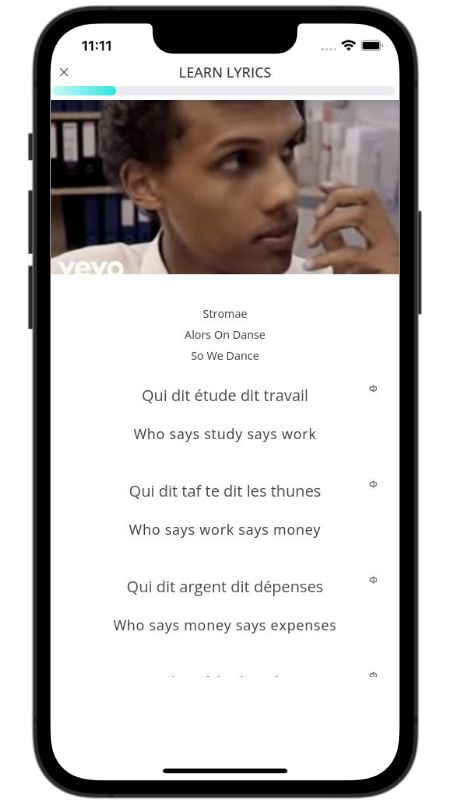Le Vélo D'hiver Lyrics in English Calogero
Below, I translated the lyrics of the song Le Vélo D'hiver by Calogero from French to English.
They called me the Winter Velodrome
I've seen lots of kids
Gentlemen, ladies, and bikes
On the oval track beneath my glass roof
I've seen tough guys
Boxers, Piaf, Yvette Horner
They called me the Winter Velodrome
And from summer to winter
We had fun under my glass roof
For real, I remember
Like it was yesterday
Some of the finest hours under my glass roof
Nonchalantly, from up in the stands
They shouted hurrahs
The poor up top and the rich down below
There was even green grass
In the middle of all that
And all Paris pulsed inside me
They called me the Winter Velodrome
That was before the war
My finest hours under my glass roof
For real, I remember
And then they came
Uniforms, revolvers
They called me the Winter Velodrome
I've seen lots of kids
Still played in the puddles
On the oval track beneath my glass roof
I've seen old folks
Die like dogs, on their backs
They called me the Winter Velodrome
It was mid-July
They locked up under my glass roof
For real, I remember
Whole families
That they deported to hell
Lyrics and Translations Licensed & Provided by LyricFind
Did you like this lyrics translation?
Did you know?
In addition to reading lyric translations, you can now learn French with music and lyrics from your favorite artists.
No more boring lessons. You can now learn with engaging and culturally relevant lyrics from the best artists.
Apple and App Store are trademarks of Apple Inc.
Google Play and the Google Play logo are trademarks of Google LLC.
iOS AppAndroid AppWeb LessonsFree PDF WorksheetsJoin ClassroomLyrics TranslationBlogAbout UsBuy as GiftLifetime











